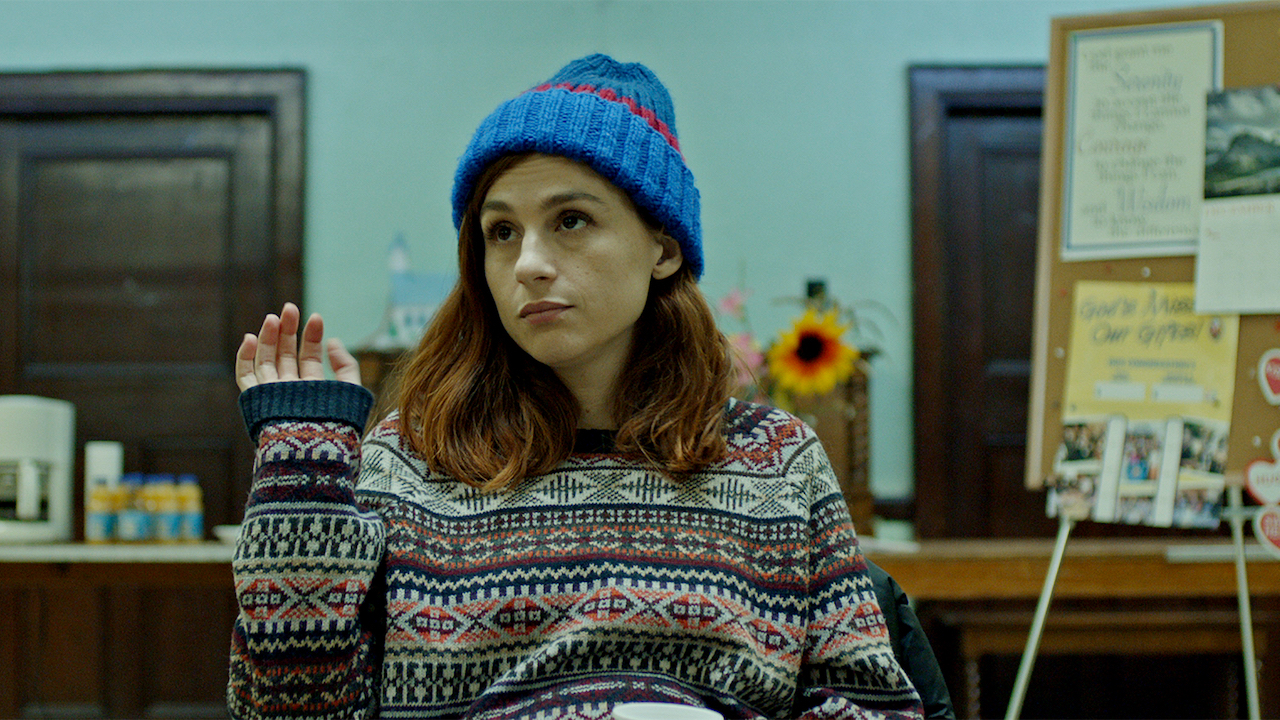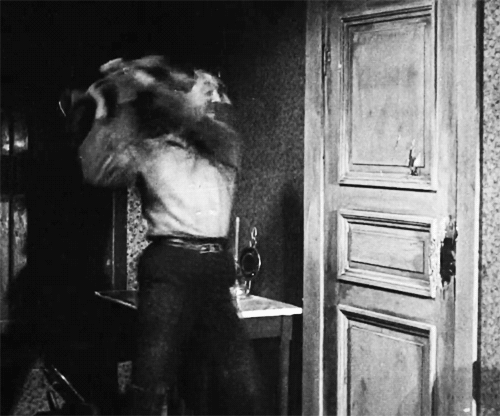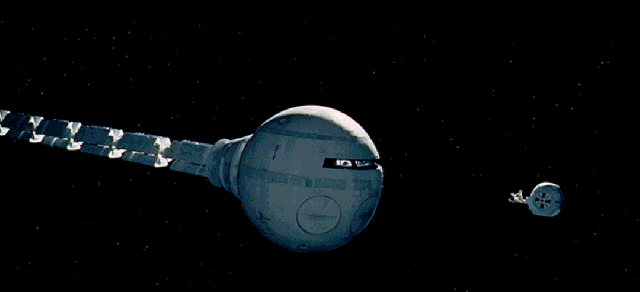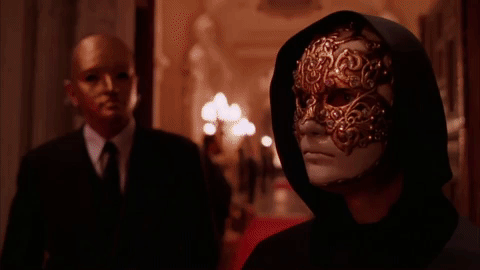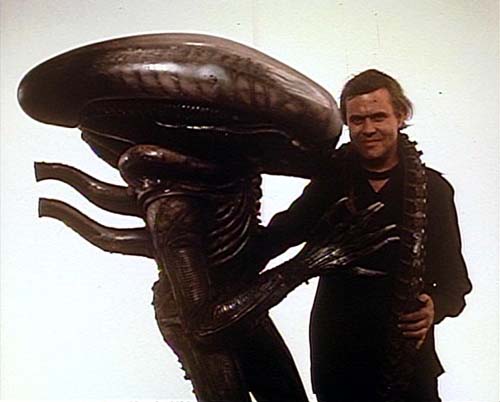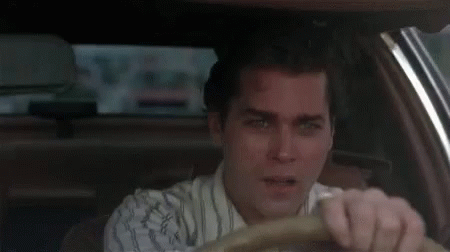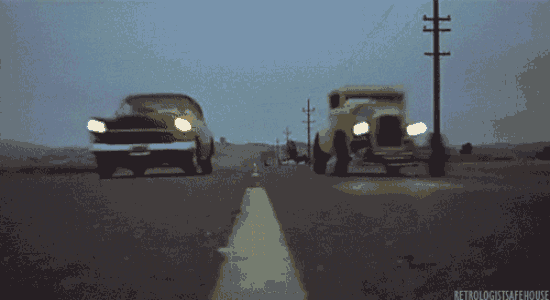Once Upon a Time in the West (Sergio Leone, 1968)

I have had something of a love/hate relationship with this film since I first saw it. I can remember the very first time, I thought the opening credits with all the water dripping and extended BS was an attack on the audience, but now I can see it as an entertainer (and I believe that Leone believed himself to be more of an entertainer than an artist) trying to tell his audience that they are going to see the most personal"spaghetti" western ever made. Back in the day, the attenuated presentation pissed the crap out of me, but nowadays, I can see the thing as the first (and probably, the only) western opera. I still have problems with it, but it's easy for me to watch it repeatedly. In fact, the movie this mostly reminds me of is Apocalypse Now. Coppola probably owes Leone some more acknowledgment, but Leone may have needed to pay back the compliment with his later gangster epic.
Little did I realize that he and Morricone were creating the first genuine opera in western history. Have you heard of the term "horse opera"? That's just some way of warning certain people that westerns may be melodramatic at times. But Once Upon a Time in the West is a legit opera, and if you didn't know it, operas tend to be LONG. It's is Leone's most-otherworldly western - it's almost as if a literal horse opera were set on another planet although Monument Valley plays a part. That works with my idea though since Monument Valley also makes an appearance in 2001: A Space Odyssey during "Beyond the Infinite".

I have had something of a love/hate relationship with this film since I first saw it. I can remember the very first time, I thought the opening credits with all the water dripping and extended BS was an attack on the audience, but now I can see it as an entertainer (and I believe that Leone believed himself to be more of an entertainer than an artist) trying to tell his audience that they are going to see the most personal
Little did I realize that he and Morricone were creating the first genuine opera in western history. Have you heard of the term "horse opera"? That's just some way of warning certain people that westerns may be melodramatic at times. But Once Upon a Time in the West is a legit opera, and if you didn't know it, operas tend to be LONG. It's is Leone's most-otherworldly western - it's almost as if a literal horse opera were set on another planet although Monument Valley plays a part. That works with my idea though since Monument Valley also makes an appearance in 2001: A Space Odyssey during "Beyond the Infinite".
__________________
It's what you learn after you know it all that counts. - John Wooden
My IMDb page
It's what you learn after you know it all that counts. - John Wooden
My IMDb page

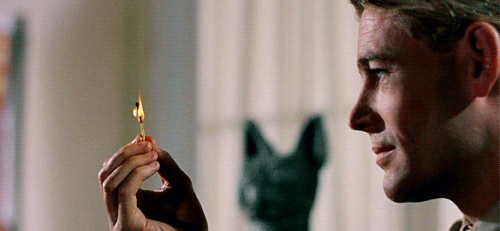





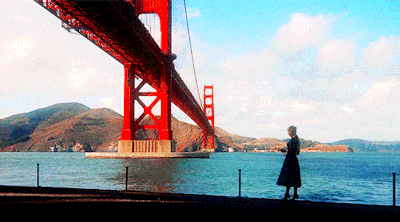
 , this one is better. I love the on-location and subjective photography of San Francisco and its environs but my fave is the walk in the Redwoods. Vertigo is not your average film or viewing experience. It seems to defy logic and has few likable characters. However, the photography and music are hypnotic. Vertigo is the kind of film which demands multiple viewings to "get into it", and then eventually you discover that the film is thematically-rich, not only in the way people behave in a relationship but how directors/scripters use their actors and how films use their viewers. Vertigo is a film which greatly divides people. Many believe it's the apotheosis of everything Hitch ever did and reveals himself more than any other film. Then there are those who like it up to a point but are baffled by some of the plot, plot twists, and character revelations. They just think it gets stupid and/or silly.
, this one is better. I love the on-location and subjective photography of San Francisco and its environs but my fave is the walk in the Redwoods. Vertigo is not your average film or viewing experience. It seems to defy logic and has few likable characters. However, the photography and music are hypnotic. Vertigo is the kind of film which demands multiple viewings to "get into it", and then eventually you discover that the film is thematically-rich, not only in the way people behave in a relationship but how directors/scripters use their actors and how films use their viewers. Vertigo is a film which greatly divides people. Many believe it's the apotheosis of everything Hitch ever did and reveals himself more than any other film. Then there are those who like it up to a point but are baffled by some of the plot, plot twists, and character revelations. They just think it gets stupid and/or silly.